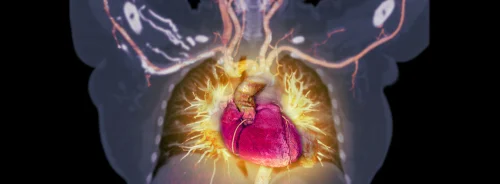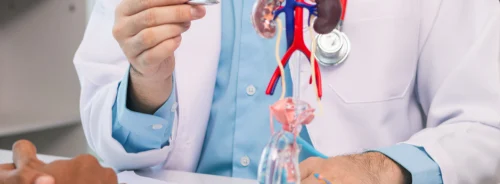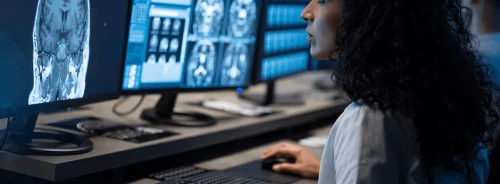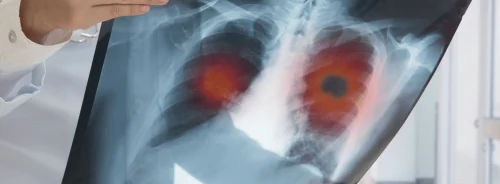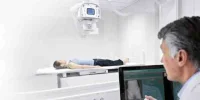According to a recent statement by the American Heart Association, doctors should ensure that patients understand the radiation-related risks of heart imaging tests before they undertake the procedures. These heart imaging tests may include nuclear stress tests, cardiac CT scans and fluoroscopy.
According to Dr. Rana Fazel, MD, MSc, chair of the statement writing committee, a cardiologist at Beth Israel Deaconess Medical Center in Boston, and an AHA volunteer currently serving on the Joint Cardiac Imaging Committee of the AHA’s Council on Clinical Cardiology and Council on Cardiovascular Radiology, “With technological improvements, medical imaging has become an increasingly vital tool in diagnosing and treating patients with heart disease, but the rising use of the tests has led to increasing radiation exposure over the past two decades."
Statistics show that heart imaging procedures account for approximately 40 percent of the radiation exposure from medical imaging. That is why it is imperative that physicians address questions such as whether the test will actually help diagnose or treat the heart problem, whether there are alternatives that could be used other than radiation, what the level of radiation exposure will be and will it increase the risk of cancer for the patient.
In most cases, the benefit of the imaging test outweighs the risks associated with it. In addition, the radiation-related risk of the imaging test is quite small and thus, if the test is needed and is clinically appropriate, there should not be any hesitation is doing it. However, it is important for physicians to understand the potential risks, the average radiation dose and which situation requires it.
Fazel advises that special caution should be taken when dealing with younger patients since the potential risk of radiation exposure is higher in this segment. Physicians should also consider the test's diagnostic accuracy, availability, cost, convenience and other potential risks before deciding on the test.
The statement from the American Heart Association also suggests that professionals who are involved in performing cardiac imaging should be knowledgeable about the procedure and should be aware of the methods that are required with respect to selecting the optimal dose of radiation. They should know how to get the results and produce high-quality images without unnecessary radiation exposure.
Source: Health Day
Image Credit: Wikimedia Commons

